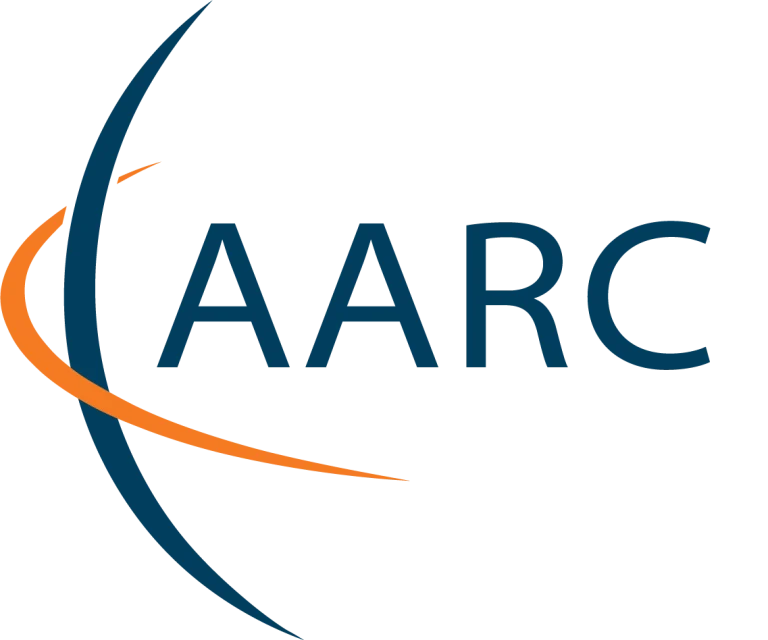The first Authentication and Authorisation for Research and Collaboration (AARC) project concluded on 30 April 2017 after two years, with many useful outputs for e-infrastructures, research infrastructures and libraries. These outputs will continue to be used and developed in the second AARC project, which, from 1 May, is building on these achievements and bringing a new focus.
What has AARC achieved?
- Created a set of interoperable building blocks for software architects and technical decision makers who are designing and implementing access management solutions for international research collaborations – the AARC Blueprint Architecture: https://aarc-community.org/blueprint-architecture/
- Created policies to complement the technical research work carried out in the architecture work package, plus recommendations and best practices to implement a scalable and cost-effective policy and operational framework for an integrated authentication and authorisation solution: https://aarc-community.org/workpackages/policy-harmonisation/
- Snctfi – identifies operational and policy requirements to help establish trust between an infrastructure and identity providers. For use by personnel responsible for the management, operation and security of an infrastructure and those wishing to assess its trustworthiness. https://aarc-community.org/wp-content/uploads/2017/05/AARC-Deliverable-DNA3.4-final.pdf
- Sirtfi – AARC was the main sponsor for work to create an assurance framework that allows participating organisations to cooperate effectively in the coordination of incident response, in the event of a federated security incident. https://refeds.org/sirtfi
- Tested pilots that expand the coverage of federated access, that test the integration of AARC results into existing infrastructures, cross-e-infrastructure pilots, and pilots addressing the needs of libraries: https://aarc-community.org/workpackages/pilots/
- Worked with existing groups such as REFEDS, FIM4R and WISE, to use their well-established processes and maximise the impact of AARC results.
- Built a community among research infrastructures and e-infrastuctures that are motivated to make use of AARC results.
A 2-minute video summarises the AARC approach: https://bit.ly/2pxfGNM
To make life as easy as possible for the people who will use AARC’s outputs, the project has also:
- summarised the formal project ‘deliverables’ for a quick and easy overview: https://aarc-community.org/documents/deliverables/
- produced a ‘toolkit’ of all materials, including leaflets, training modules, reports and FAQs, that are relevant for libraries and library service providers: https://aarc-community.org/libraries/, and for e- and research infrastructures: https://aarc-community.org/infrastructures/
- co-created a shared YouTube channel, IAM Online, for the delivery of webinars to support the spread of knowledge about how best to manage identities and federated access: https://blog.geant.org/2017/02/18/welcome-to-iam-online/
- spearheaded the development of an e-learning Moodle platform that was presented to project partners in March and will be launched in summer 2017.
What next?
While the goals and objectives of the second AARC project will largely remain the same, the project will take two main routes:
- AARC will expand efforts to engage with target communities by working closely with them to disseminate information, ensure messages are clear, deliver training, gain feedback, and implement the AARC framework. The number of partners has increased from 20 to 26, helping to make this approach easier.
- AARC will shift the technical focus from the question of how to authenticate the identity of users to the question of how to authorise permitted users to access the resources they require, across the boundaries of different infrastructures and research collaborations.
To maximise the uptake of existing materials and any that are developed in the next phase, a fresh impetus will be given to developing and delivering training, and to producing and disseminating information in more easily swallowed chunks such as ‘how to…’ documents, webinars and so on. This will all be supported by a change to the project website so that it becomes more of a shop window where goods AARC has to offer are clearly laid out to tempt and deliver to the people who need them.
The kick-off meeting for the second AARC project will be held on 6-8 June.
Follow AARC news on:
Facebook: https://www.facebook.com/AARCproject/
LinkedIn: https://www.linkedin.com/company/aarc-project


